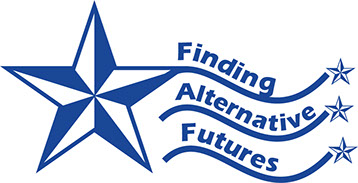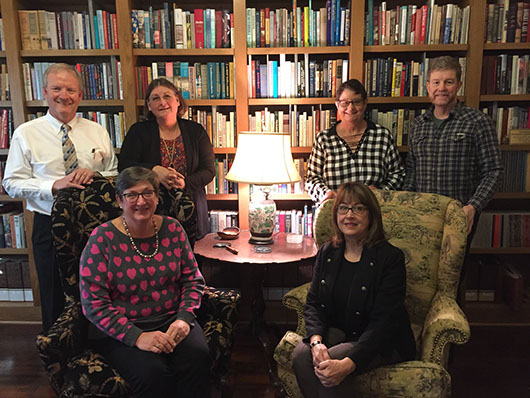Finding Alternative Futures: Sustainability Through Coaching

TAM has launched an important new initiative in the greater Houston area called Finding Alternative Futures: Sustainability Through Coaching. This groundbreaking project explores fresh ways for a dozen history museums and history organizations to address issues of relevance and financial sustainability under the guidance of experienced coaches.
Many history organizations in Texas are struggling for survival. Although museums and other history organizations conduct important work by collecting and interpreting history, they often do so in a precarious financial position with inadequate community support. These organizations are at risk. Finding Alternative Futures is designed to help.
Among the requirements for inclusion in this project is that the museum leadership be open to significant change. Coaches will work with staff and board members who are ready to do things differently--because what they are doing today is not working. Program participants will engage in an intensive 15-month coaching relationship designed to assess options for sustainability, elevate professionalism, and prepare for substantive change. Some may approach sustainability by improving standards of operation while others may consider creative alternatives.
This project is made possible by a lead grant from the Houston Endowment and additional support from the Summerlee Foundation, Dallas.

The Finding Alternative Futures leadership team and coaches. Back row (L-R): Gary Smith, Project Advisor, The Summerlee Foundation; Candace Tangorra Matelic, PH.D., Coach, CTM Professional Services; Susan Smyer, Local Field Assistance, Southeast Texas Museum Association; Brian Crockett, Head Coach, Two-Headed Goat Consulting. Front row (L-R): Ruth Ann Rugg, Project Director, Texas Association of Museums; Carla Patterson, Coach, Independent Consultant.
Finding Alternative Futures: Sustainability Through Coaching is made possible by grants from the Houston Endowment and The Summerlee Foundation. Additional support for this program is provided by SETMA, the South East Texas Museum
 |
